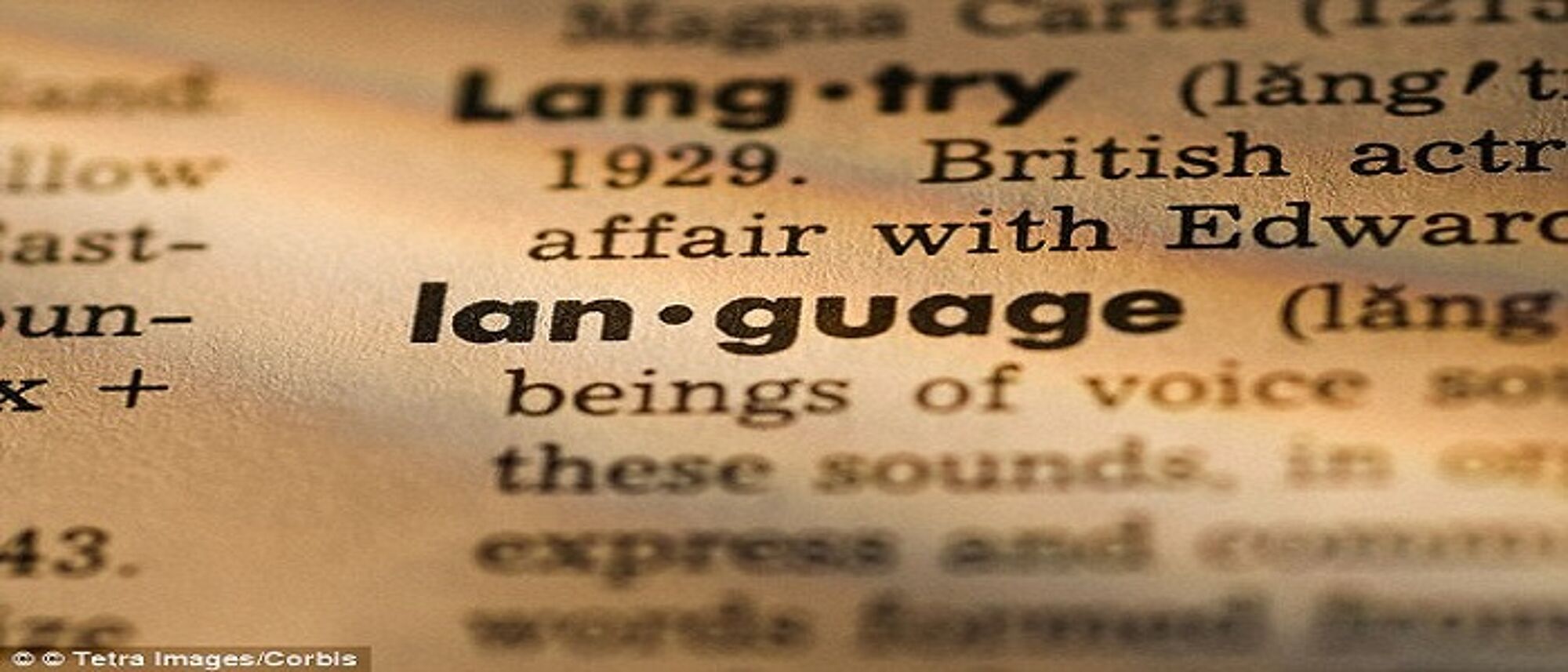
Historical English Language and Linguistics
Glasgow has a long-established international reputation for the historical study of English, with colleagues undertaking research relating to every period of the language, from pre-/Old English to the recent past. Glasgow’s approach to the history of English links the best of the philological and linguistic traditions, and much of its research is data-led. There are cross-School and cross-College synergies with colleagues working on Scots and English in Scotland, especially through the Centre for Scottish and Celtic Studies, and on Modern English Language, most notably on language variation and change.
We have distinctive strengths in such subjects as corpus-studies, Old Norse, the interface with medieval and renaissance studies, and historical pragmatics, and the School is a centre of excellence for the study of historical lexicology and semantics: the Historical Thesaurus of English was developed at Glasgow, and several successor-projects are now under way engaging with ‘big data’ issues, notably the AHRC-funded Mapping Metaphor with the Historical Thesaurus, SAMUELS, and Linguistic DNA projects.
Such work aligns closely with Glasgow Digital Humanities, our cross-disciplinary network. Onomastics (name-studies) is a particular strength within the School and across the College, with a lively reading-group (Onomasticon) and a strong cohort of postgraduates. We cooperate closely in research with several overseas universities on historical projects, notably the University of Stavanger, Norway (on the Middle English Grammar Project).
Medieval and Renaissance Studies at Glasgow
Centre for Scottish and Celtic Studies
Glasgow Digital Humanities
Anglo-Saxon Plant-names SurveyArchives and Writing LivesBess of Hardwick ProjectCorpus of Modern Scottish Writing, 1700-1945EnrollerHistorical Thesaurus of EnglishSAMUELS
Dictionary of the Scots Language
Manuscripts Online: Written Culture from 1000 to 1500
Mapping Metaphor
Middle English Grammar Project
Parliamentary DiscourseQuadrivium Project (graduate training)
Scots Words and Place-namesScottish Toponymy in Transition
Textual Afterlives
Thesaurus of Old EnglishWord Webs

